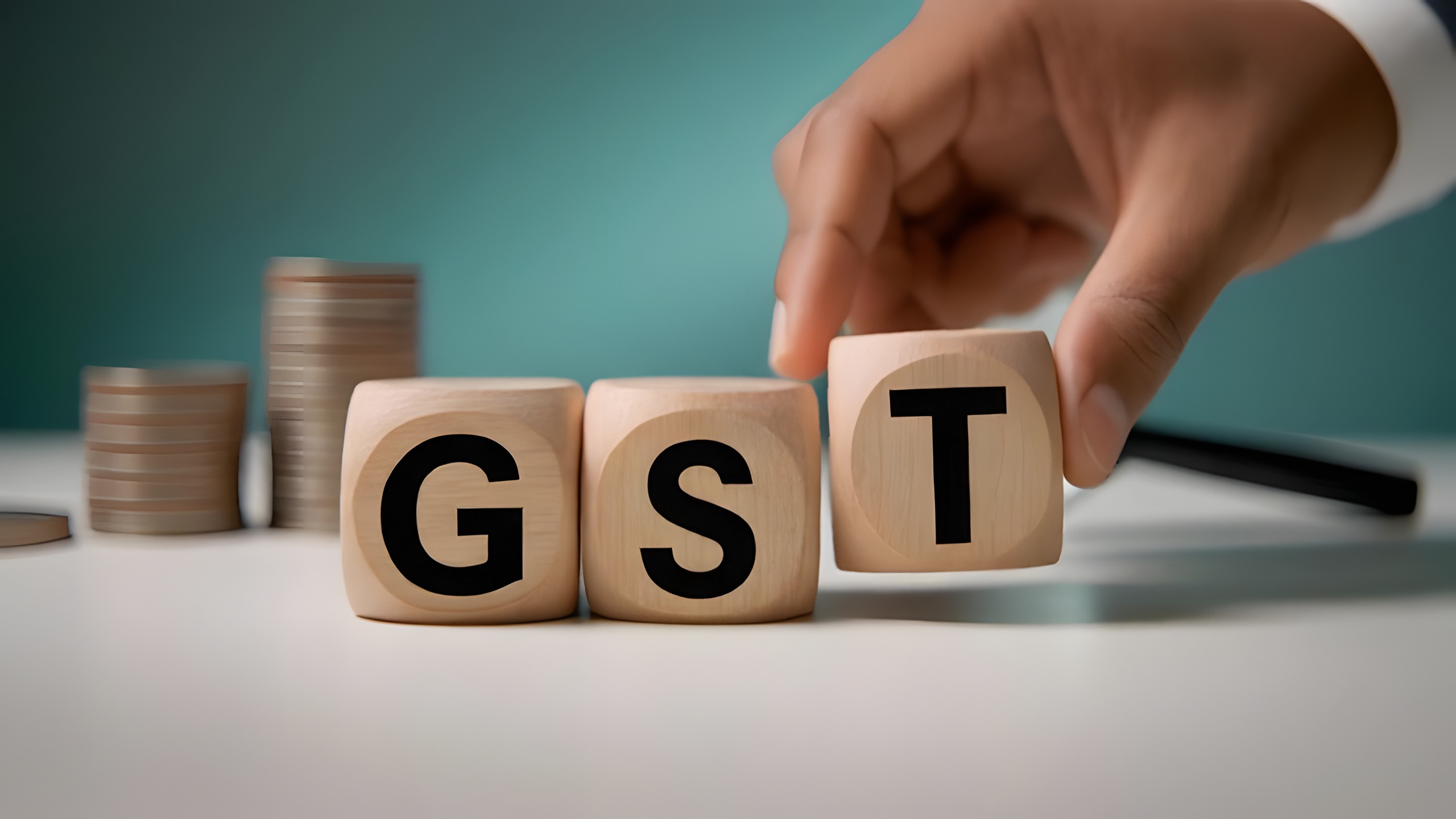The government has announced a new set of Goods and Services Tax (GST) reforms aimed at strengthening India’s electronics ecosystem, promoting localisation, creating jobs, and supporting the Digital India and Aatmanirbhar Bharat initiatives.
Under the reforms, GST rates have been reduced on a range of consumer electronics and ICT hardware. The tax on air conditioners, dishwashers and large-screen televisions (LCD and LED) has been lowered from 28 percent to 18 percent, making these products more affordable for households and giving a push to domestic demand. Officials said this will benefit local manufacturers and MSMEs engaged in key components such as compressors, displays, wiring, plastics, cooling systems and assembly services, thereby reducing import dependence.
The reforms also extend to ICT hardware. GST on monitors and projectors (non-TV) has been reduced from 28 percent to 18 percent, which will bring down costs for schools, colleges, digital learning centres and offices. Similarly, the tax on electric accumulators (non-Li-ion, including power banks) has been cut from 28 percent to 18 percent, improving access to affordable backup power for digital devices.
In a move to strengthen internal security communication systems, GST on two-way radios (walkie-talkies) has been brought down from 12 percent to 5 percent, reducing procurement costs for police, paramilitary and defence forces.
The reforms also support renewable energy and sustainability goals. The GST on solar photovoltaic cells and renewable energy devices has been reduced from 12 percent to 5 percent, lowering the cost of renewable energy adoption for both households and industries. Composting machines will also now attract 5 percent GST instead of 12 percent, promoting waste-to-energy solutions and sustainable urban practices.














